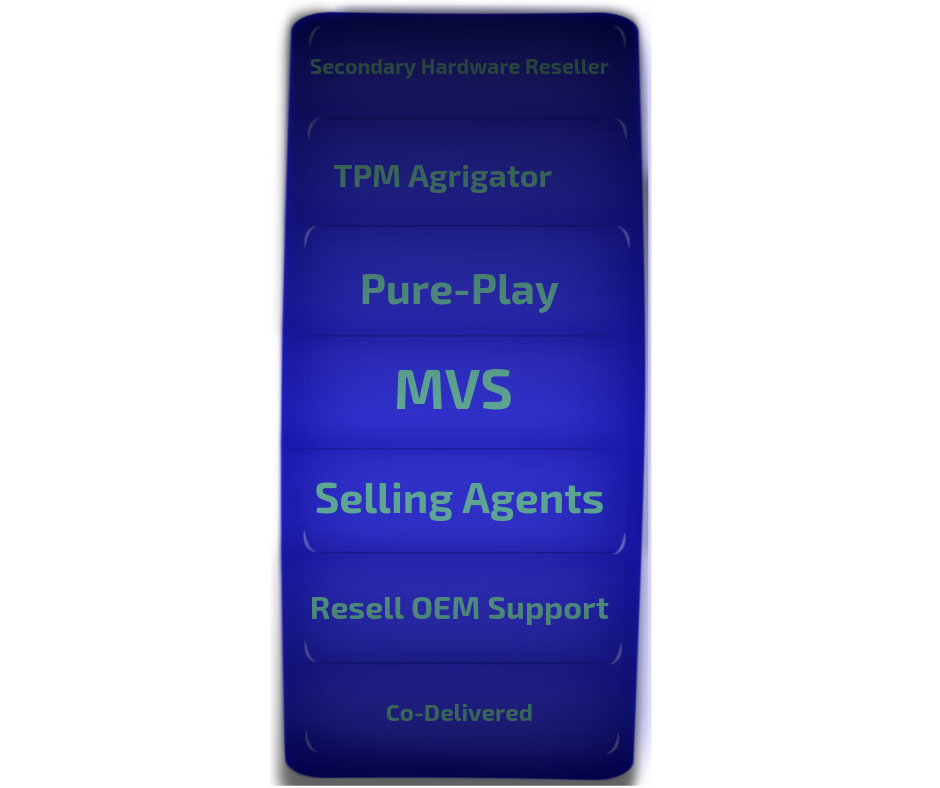To state an old truth, not everything that looks similar is the same. If you are hungry for an apple, then you want an apple. It is not the same if you get a potato instead. They are both food, but their differences are readily apparent. In the same way, there are different types of TPMs, third party maintenance providers. Using this analogy, while many TPMs can be good options, they may be a potato and not your apple. Get what you really need. Based on research by Gartner (a global research and advisory firm), there are seven different types of TPMs in the industry. In this post we will discuss all seven, what you can expect from them, and the services they usually offer.

1.Pure-PlayPure-play TPMs usually offer only maintenance options. They may have hardware, but it is not sold and distributed outside of their support and maintenance service. Some Pure-Play TPMs do not have level 3 engineering personnel on staff, but all have staff with some technical aptitude. To make up for their smaller pool of technical expertise, Pure-Play providers may outsource their support to other providers with a dedicated engineering staff.2. Secondary HardwareReseller Secondary hardware reseller TPMs focus on selling hardware while also offering support for their clients as a secondary service. In some instances, these TPMs have their own field engineers and provide technical support for networks, storage, and servers. Secondary Hardware Resellers turn to other TPM partners for level 3 engineering support as they are incapable of providing this level of support and maintenance.3. TPM Agrigators TPM agrigators only resell the support and maintenance services of other TPMs and do not themselves offer any technical services or sell enterprise hardware. They will resell the services of both Pure-Play and Secondary Hardware TPMs, and they will add value by providing consultations. TPM Agrigators may also possess development tools to provide recommendations to clients about which type of TPM best fits their needs. 4. TPM Selling AgentsTPM selling Agents only sell other TPM services, acting as an independent sales department for a portion of the contract fees. This could be a VAR, an MSP, or an independent consultant.5. Resell OEM SupportResell OEM Support is the most common type of TPM with a twist. Instead of a third party actually providing the maintenance and support, the OEM does. What differentiates this from direct OEM support is that it is purchased through another party. This type of TPM resells hardware and adds support as a packaged deal. The support side of the deal is then covered by the OEM.6. Collaborative/Co-delivered TPMCollaborative/Co-delivered TPM is a third party maintenance option that consists of a third party provider backed by an OEM. The third party handles level one and two while the OEM provides level three support. The OEM only gets paid when the ticket is scaled up to level three. As a result, this type of maintenance provider has a financial reason to keep the ticket from escalating all the way to level three and will try to handle the issues at level 2.7. Multi-Vendor Support (MVS) TPMMVS TPM can be a hybrid of any of other types of TPMs. As the name indicates, they support many OEM’s like IBM, Hitachi, HPE, DELL EMC, CISCO, NetApp, and more. The MVS TPM simplifies the support process and significantly reduces ticket resolution time, as the ticket is received and solved in the same place.
What Type of TPM is thomastech?
To best assist the IT industry, thomastech was designed as an MVS TPM. Over time, we have taken our support to new levels by including features beyond the scope of a typical MVS TPM. Besides simplifying the process by supporting multiple OEMs, thomastech has a large in-house hardware inventory and a level three engineering staff. Calls and tickets are directly received by our own employees and engineers, and we have partnerships and stocking locations throughout the United States and around the globe. If hardware is required for a break fix scenario, thomastech has equipment readily accessible for speedy dispatch. For a TPM, thomastech stands out with the best features of other types of TPMs combined into one with a personal touch for all clients. To learn more visit our home page, www.thomastechllc.com, leave us a message on the contact us page, or give us a call at (330) 225-3117.






